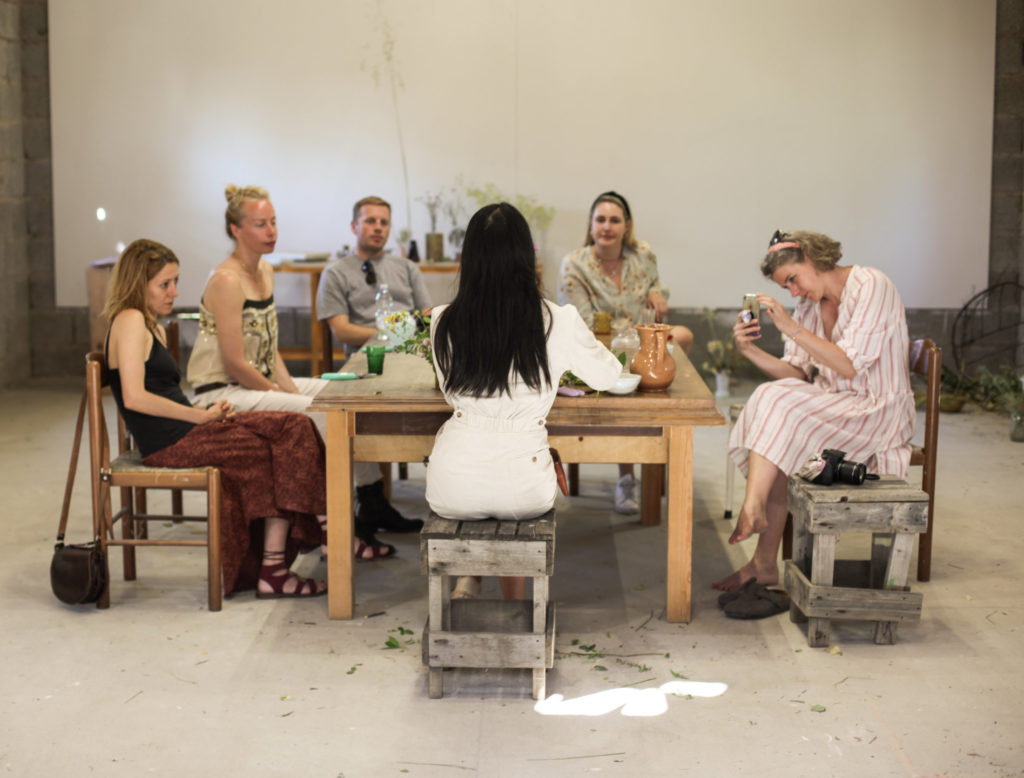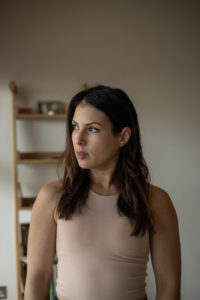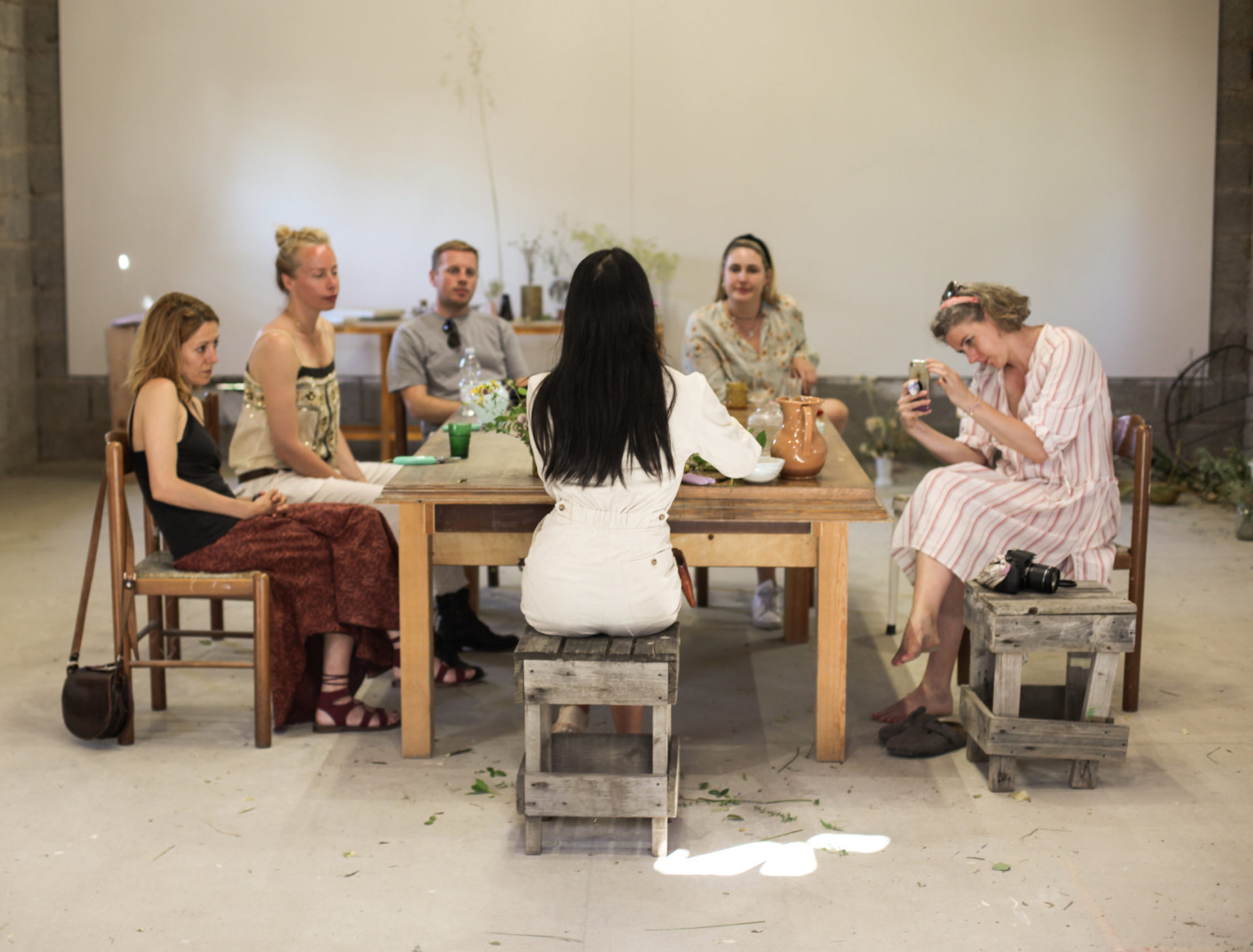Community Building: The 3 E’s of How to Cultivate Connection by Jordan Ashley
In a world that is so big and full of possibilities, it’s often that we might feel alone on our life’s journey. While no one will truly be able to ‘walk in your shoes’, it’s through our shared experiences which truly puts the ‘human’ in humanity. When we are able to shift out of our regular patterns and routines and connect with others with shared interests, passions, and world-views, we are able to connect not only with others but with ourselves.

Perhaps the idea of creating or finding a community can feel daunting and overwhelming. It’s a word or an idea that might bring to the imagination a group of like-minded people gathering together in one space, but community can look and be anything that resonates with you. Let’s look at the 3 E’s of community: explore, engage, and exchange and examine how these pillars can support one another to ultimately cultivate more meaningful relationships and connections.
Explore: You might already have a community that you are actively involved in and has a particular structure or shape to it. Perhaps it’s a monthly book club or a weekly knitting circle. Maybe your community looks like a group of friends coming together for Sunday brunch. The beauty of a community is that we can have more than one. There is no set amount for how communities we can be a part of. When we explore interests, passions, and spaces that we want to be more actively involved in (even on the short term), then our choices become more expansive. Exploring can look like joining a yoga retreat, volunteering at an animal shelter, or even a curated dinner party. When we explore something new even if it’s a part of being an ephemeral community like an art opening or a concert, we are still opening up ourselves to meeting new people and having connections.
Engage: Engaging can be one of the hardest things to do especially if you tend to be shy. When making connections, it’s vital that we remain present and engaged so that we can truly interact from a place of authenticity. Listening more than speaking is a lifelong skill set to cultivate. Opening up your ears before responding or anticipating what the other person is going to say takes a lot of patience and practice. But just as much as we can be open in creating connections, it’s also important to have boundaries up as well. If someone says something that makes you uncomfortable or that contradicts your own ethics and principles, it’s ok to disengage as well and walk away or leave. Having a healthy debate or discussion especially when our thought processes might be challenged is great for your own personal growth, however, if something feels upsetting or triggering you have every right to disengage as well.
Exchange: When we truly step into our selves with open ears, minds, and hearts, we then are able to exchange thoughts, ideas, memories, and a piece of ourselves with someone else. Exchanges should never feel draining or exhausting. It should feel fulfilling and inspiring and leave a positive impression on that experience. On some days we might feel more like listening and on other days we might want to share and speak more. There is no right or wrong in how we meet the other person in our interactions, but coming from a place of your own authenticity is a great way to begin.

Jordan Ashley is one of the retreat leaders for Souljourn Yoga. Find more about the 2024 SAVASANA & SOUND: A TUSCAN SUMMER RETREAT


